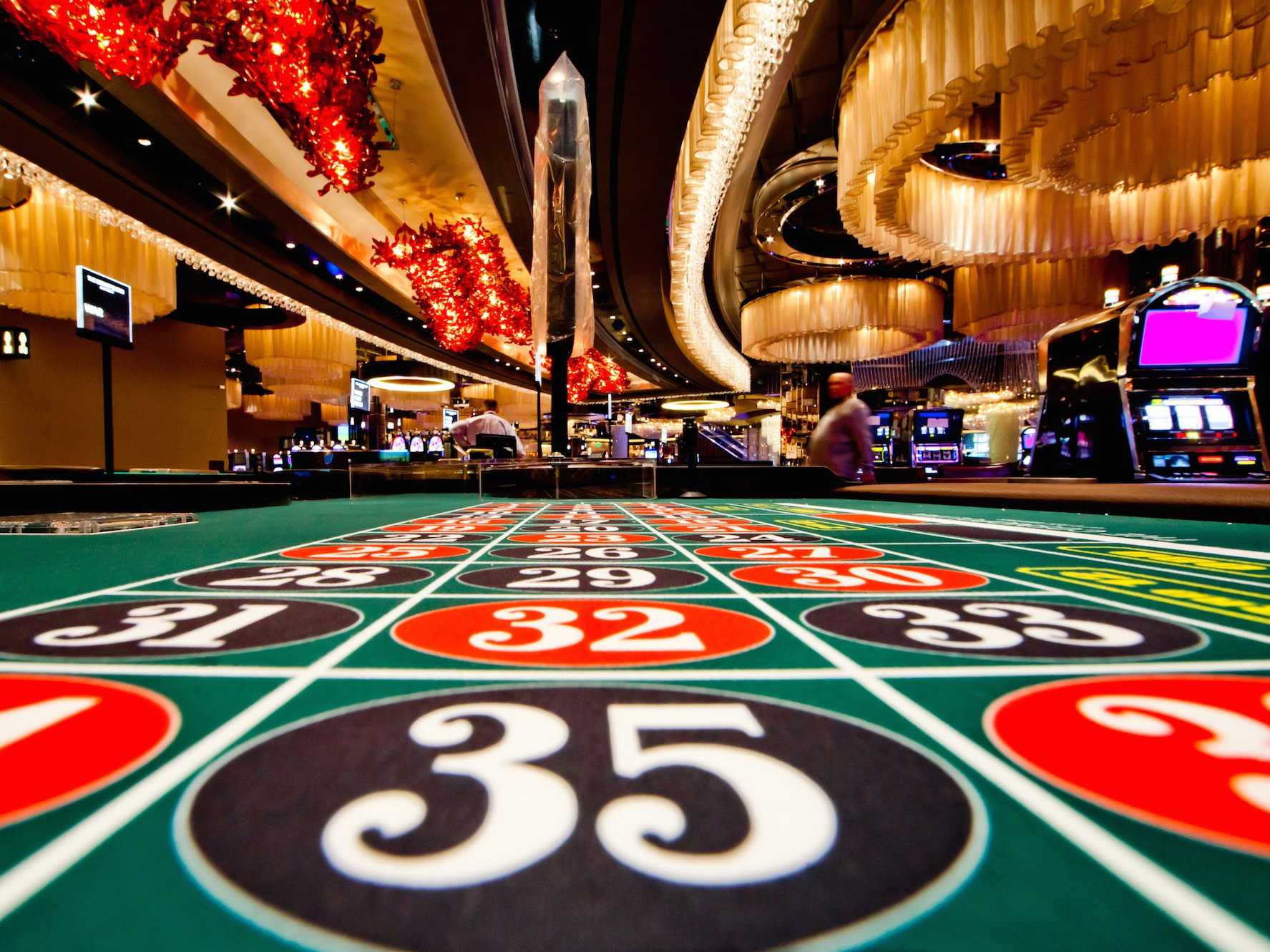
Casino gaming has long been a topic of fascination and controversy, attracting millions of players globally. With a blend of chance, strategy, and the excitement of risk, casino games offer an exhilarating escape from everyday life. However, as entertainment becomes ever more available, it invites a more thorough examination of the ethical implications surrounding these games.
At the heart of the discussion lies the issue of whether casinos promote responsible gaming or exploit at-risk individuals. The appeal of potential winnings versus the reality of losses can create a challenging situation, and understanding this balance is crucial for both players and operators. As we delve into the ethics of casino gaming, we will explore the responsibilities of casinos, the effects on society, and the steps that can be taken to foster a better gaming environment.
The Impact of Casino Gaming on Society
Casino gaming has a notable influence on societal dynamics, affecting not only the financial landscape but also social behaviors and local frameworks. The revenue generated from casinos can lead to job creation and boost regional economies, as they provide multiple employment opportunities in different sectors including hospitality, entertainment, and retail. However, while the financial benefits can be significant, communities often grapple with the possible negative impacts that arise from increased gambling activity.
Moreover, the presence of casinos can lead to an increase in gambling addiction, presenting significant challenges for players and families. The thrill of casino games can quickly transform into a compulsive habit, affecting personal relationships and leading to financial instability. Many players may struggle with the loss of control over their gambling habits, resulting in a need for community support services and interventions to address this increasing issue. The social cost of addiction can ripple through families and neighborhoods, creating an urgent need for responsible gaming initiatives.
In addition to the economic and social ramifications, casino gaming often showcases cultural attitudes towards risk and entertainment. It can foster a sense of joy and leisure, attracting visitors and boosting local travel. However, this allure may also conceal the broader implications of gambling as a form of entertainment, provoking ethical questions about its advertisement and accessibility. As communities weigh the benefits and disadvantages of casino gaming, the need for responsible practices and oversight becomes increasingly critical in ensuring that the beneficial elements are maximized while reducing the negative effects.
Ethical Issues in Betting Activities
The morality of casino gaming often revolve around the risk for dependency and its effects on individuals and families. Gambling can lead to serious monetary distress, impacting not only the betters but also their loved ones. As individuals become entrapped in the appeal of winning, many lose track of their financial limits, which can result in catastrophic outcomes such as bankruptcy. This raises ethical questions about the duty of casinos in promoting responsible gaming practices and offering support for those who may be struggling with gambling addiction.
Another critical concern is the promotion of gambling to vulnerable populations. Casinos often target low-income people or communities with the offer of fast rewards, which can continue patterns of poverty and hopelessness. In this situation, the morality of marketing strategies used by gambling establishments come under examination, as they may take advantage of the desperation of people seeking an escape from economic troubles. This exploitation raises ethical questions about the integrity of the gambling industry and its obligation to protect its most at-risk customers. MCW77
Additionally, the effect of gambling operations on society as a whole cannot be overlooked. While some argue that casinos create employment and boost local economies, others point to the social costs associated with problem gambling, increased criminal rates, and a strain on public resources. Balancing financial advantages with the potential for social harm presents a challenging moral dilemma for policymakers and casino operators alike. The challenge lies in finding a responsible approach that prioritizes the well-being of individuals and society while still permitting for the enjoyment of gambling gaming.
Regulatory Framework and Duties
The legal framework surrounding gaming activities is created to ensure justice, honesty, and participant protection. Various government bodies and casino commissions set and implement regulations that dictate how gambling operations function, the criteria for product development, and the processes for managing rewards. These regulations differ by jurisdiction but commonly involve licensing requirements for operators and stringent measures to stop cheating and fraud.
In furthermore to oversight bodies, casino operators bear considerable responsibility in upholding moral standards within their venues. They must enforce safe gambling practices that promote player safety and consciousness, including presenting self-exclusion options and sharing information about the risks associated with gaming. Establishments are also responsible for instructing staff to identify signs of problem betting and understand the proper measures to assist visitors in distress.
Furthermore, transparency in gambling operations is vital for building and keeping public confidence. Operators should provide clear information about the odds of games, advertising deals, and any connected risks. By creating an environment of honesty and accountability, operators can help lessen the possible negative impact of betting while enhancing the overall gambling experience for all players.

